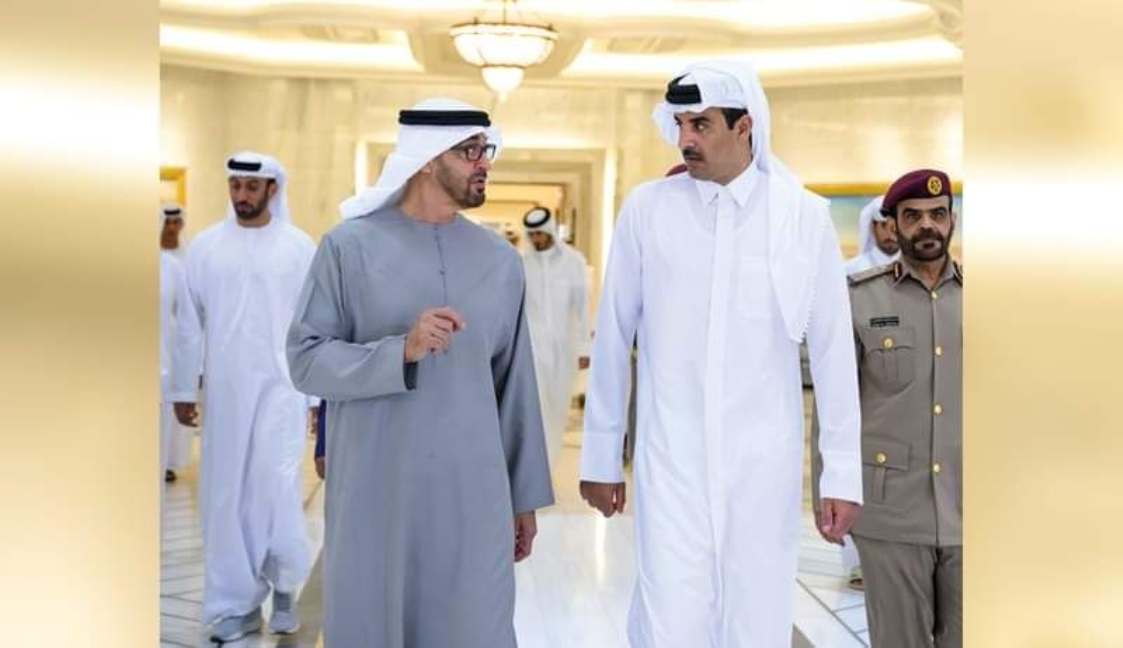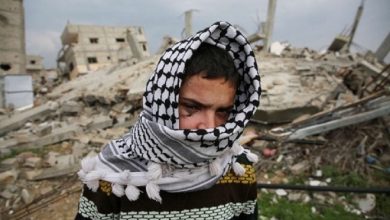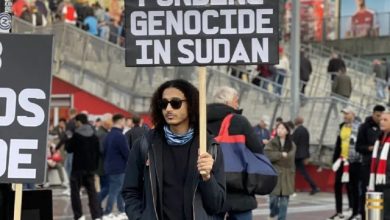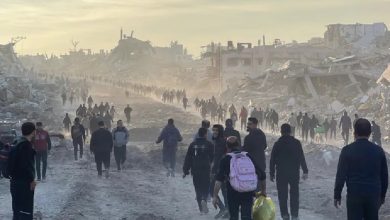Diplomatic Rivalry in Gaza: UAE vs. Qatar Behind the Scenes

Watan-The Arab Affairs correspondent for the Israeli Broadcasting Authority (KAN), Roee Kais, claimed in his recorded report that as the fighting continues in the Gaza Strip between Israel and the Palestinian resistance movement Hamas, two Gulf states – Qatar and the UAE – are competing for diplomatic power behind the scenes of the ongoing six-month-long war.
“Tell me, which country do you consider to be the biggest winner of the war in Gaza so far, and who succeeded in turning the crisis into an opportunity?” Kais posed this question in his recorded report, answering it by saying, “If I said the UAE, perhaps I would be right.”
The Gaza War Created a Void in the Region
“While Qatar has historically been a major supporter of Hamas, leveraging its influence to position itself as an indispensable mediator between the resistance movement and Israel, the United Arab Emirates has not exercised significant influence in the region until now,” Kais continued.
According to Kais, the Gaza war has created “a void in the region,” enabling the UAE to intervene.
In a clear promotion of an Israeli plan hinted at by several previous reports, which attempts to involve the UAE in Gaza and rely on its man, Mohammed Dahlan, the Israeli report highlighted the UAE’s aid to Gaza, claiming it reached a record number. It quoted Emirati journalist Mohammed Taqi as saying, “We see the quality of unprecedented Emirati actions.”
Kais continued by stating, “Since the beginning of the war in Gaza, the UAE has emerged as a spearhead for humanitarian aid efforts, certainly among Arab countries.”
He further promoted Abu Dhabi: “The UAE’s efforts included the establishment of a maritime corridor for aid transport to Gaza, which has been used so far to transport thousands of tons of humanitarian aid. It also participated in airlift operations for supplies; it built a desalination plant in northern Sinai to provide water, established the most advanced field hospital in Rafah, and plans to build tens of thousands of shelters for displaced Gaza residents.”
Emirati Gloss and Qatari Demonization
Kais pointed out that the driving force behind these major UAE efforts may be the desire to regain Arab public sympathy.
“There is, of course, the issue of Arab public opinion, against the backdrop of criticism directed at the UAE after normalizing relations with Israel, but there seems to be something here that goes beyond that,” Kais stated.
The KAN correspondent alleged that Hamas’s attack on October 7th last year earned what he described as “Qatar’s finesse” a bad reputation, leading to a vacuum that could allow the UAE to establish a more important foothold in the Palestinian arena, according to him.
Mohammed Dahlan
Kais continued, “This is the appropriate place to mention Mohammed Dahlan, a prominent member of Fatah and a fierce rival of Palestinian Authority President Mahmoud Abbas, who was exiled to the UAE.”
Dahlan was born in Khan Yunis in the Gaza Strip, giving him deep ties to the region. After being exiled by the Palestinian Authority, he became a close advisor to the ruling family in the United Arab Emirates, the report says.
The KAN correspondent Roee Kais concluded his report by saying, “When talking about the day after the war, there are those who may consider it an option – meaning Dahlan – especially if supported by Abu Dhabi.”
He continued, claiming that the UAE’s aid efforts earn it points with Palestinians, Arab public opinion, and the international arena, without costing them anything but money.
Kais concluded his report by saying, “They see themselves as an upgraded version of Qatar. A state that mediates between everyone without being tied to any organizations.”






